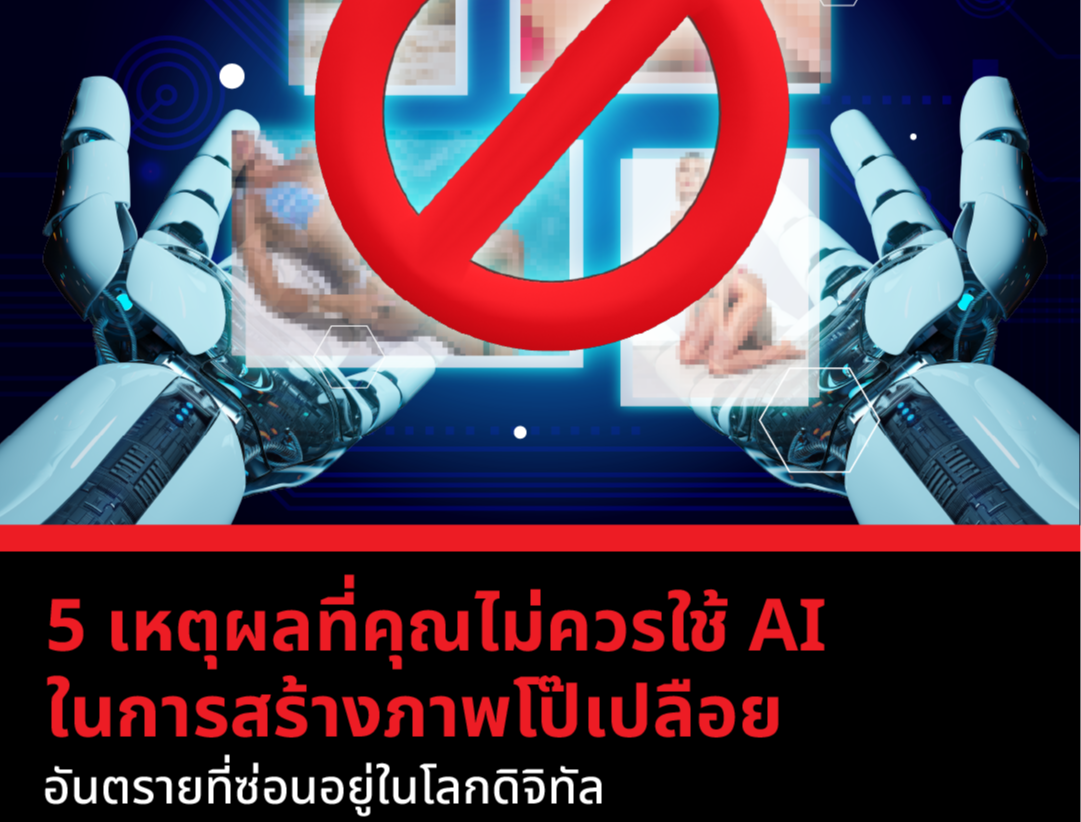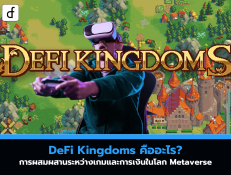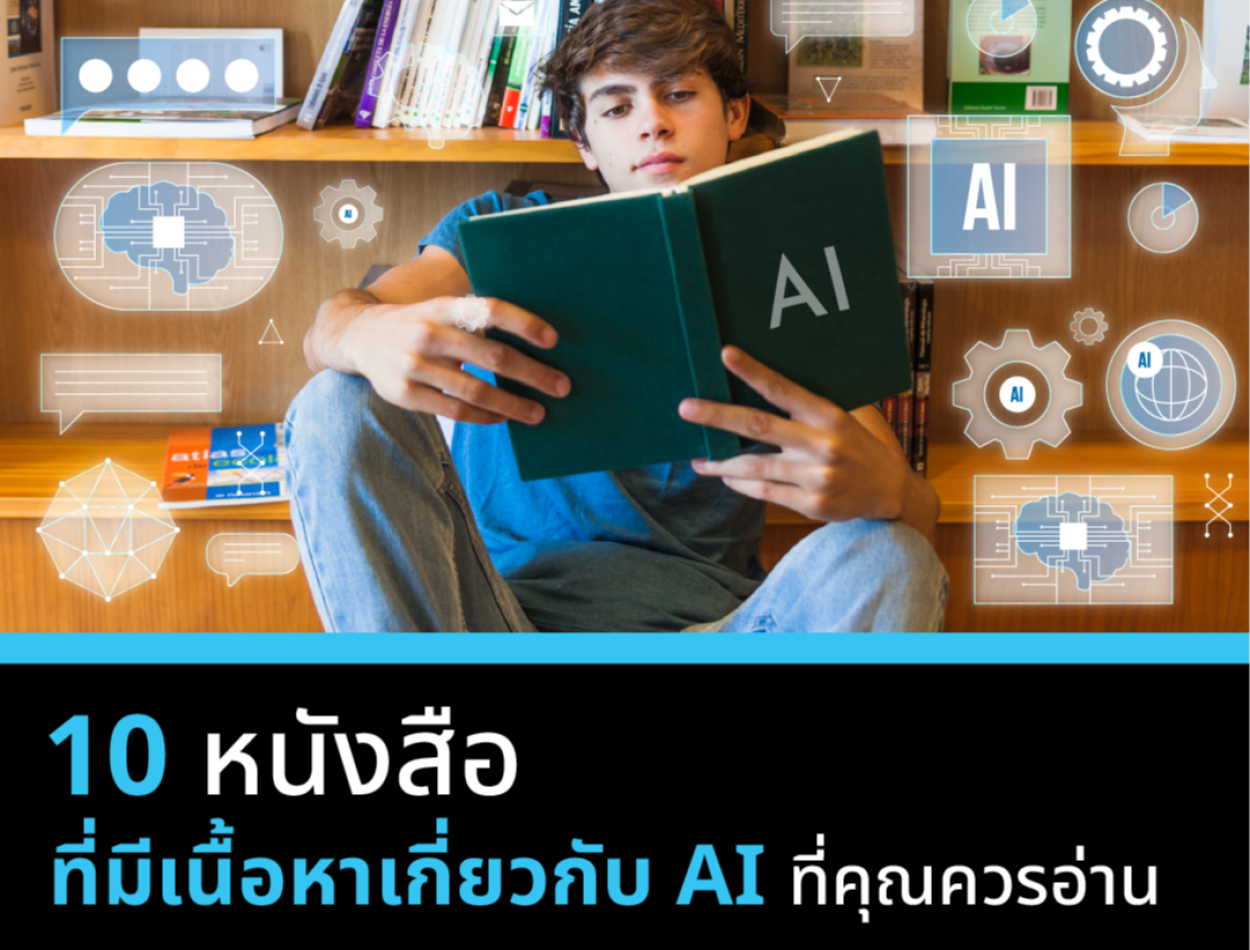
10 books about AI that you should read
2024-05-16 05:13:17

AI technology has a wide impact. Creating ripples in many areas, different ideas and perspectives about this technology are widely shared. Ben Jones, CEO of Data Literacy, has recommended 10 books containing AI content that were published last year. 5 years ago, to serve as a starting point for those who want to study AI but don't know where to start.
Each book features a different author's perspective on AI concepts, including technical insights. Considerations and Ethics or personal story ideas of AI research and application. While this technology can shape the course of the world Learning information through books is another path to prepare for future changes.
1.Artificial Intelligence: A Guide for Thinking Humans by Melanie Mitchell
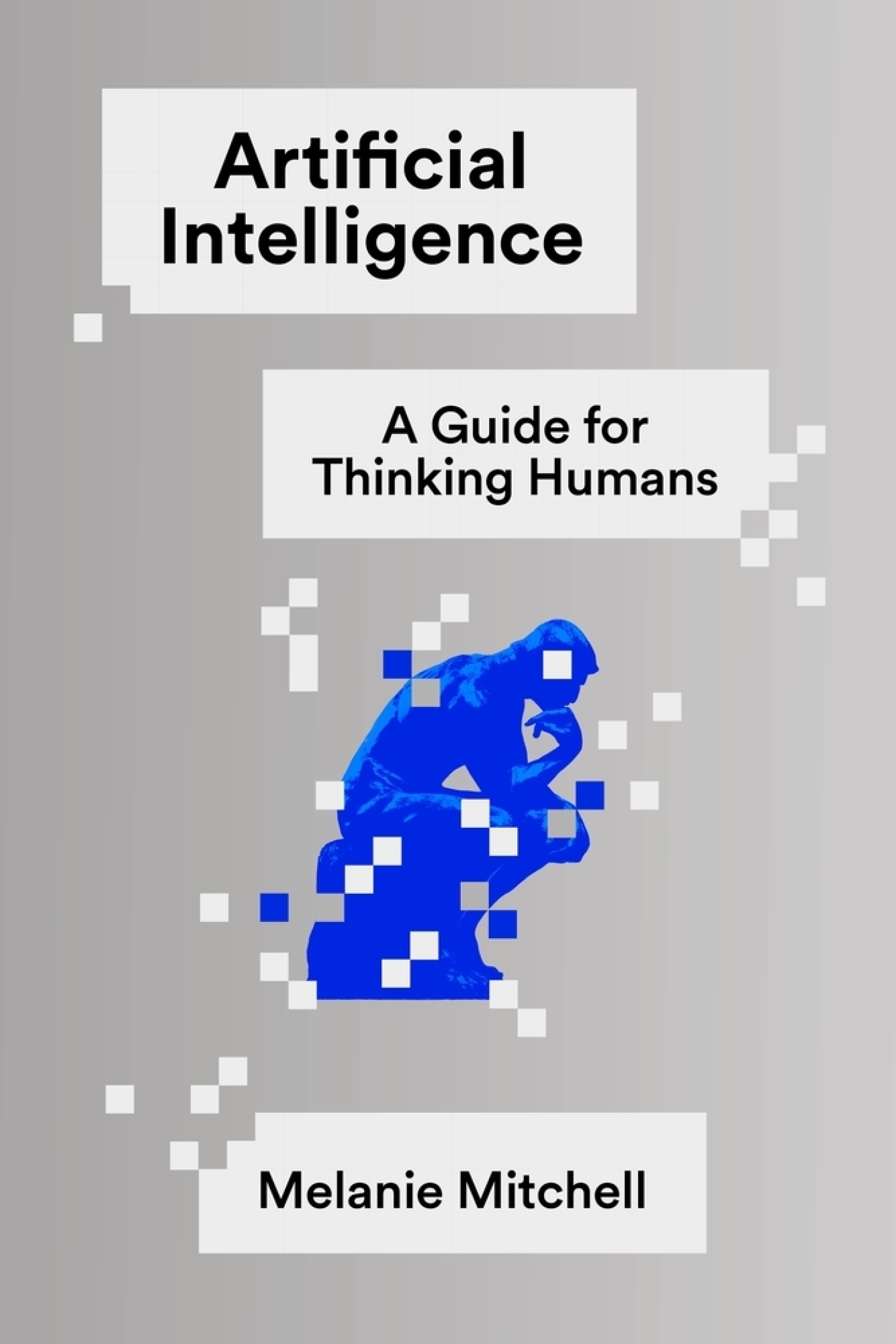
The content of the book deals with the history of AI from the past to the present, its limitations, and its effects and ethical concerns in the present day. that general readers can access and understand. Mitchell's perspective is someone who has been in the AI industry through the development and use of AI, who can share a balanced perspective on expectations, fears, and Debate about AI
2.The Worlds I see by Dr. Fei-Fei Lee
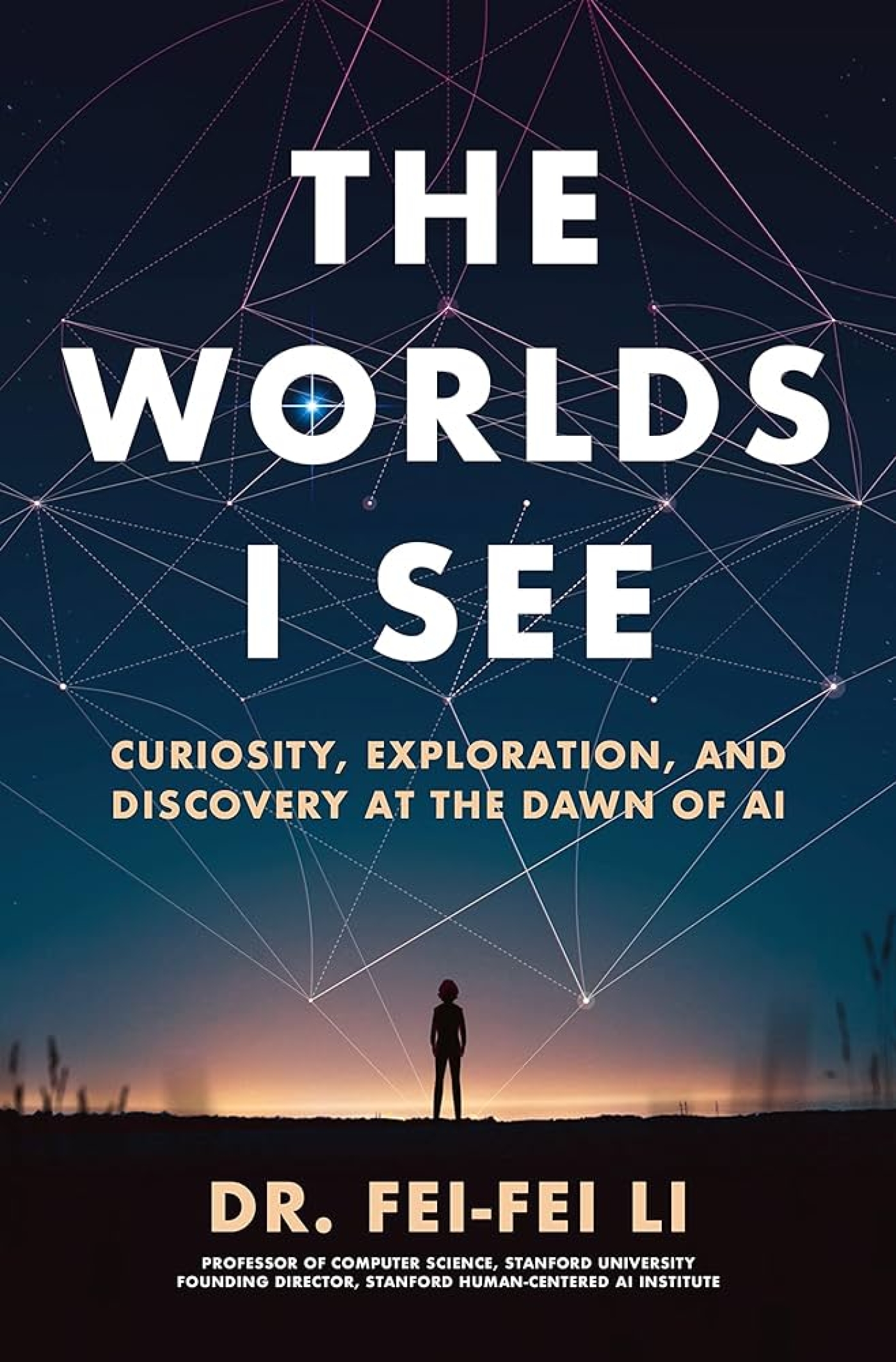
It's a book that contains memories of the pioneering era of AI, with a unique style of storytelling. Both revolutionary insights and historical roots relate to AI.
3.Unmasking AI by Joy Buolamwini
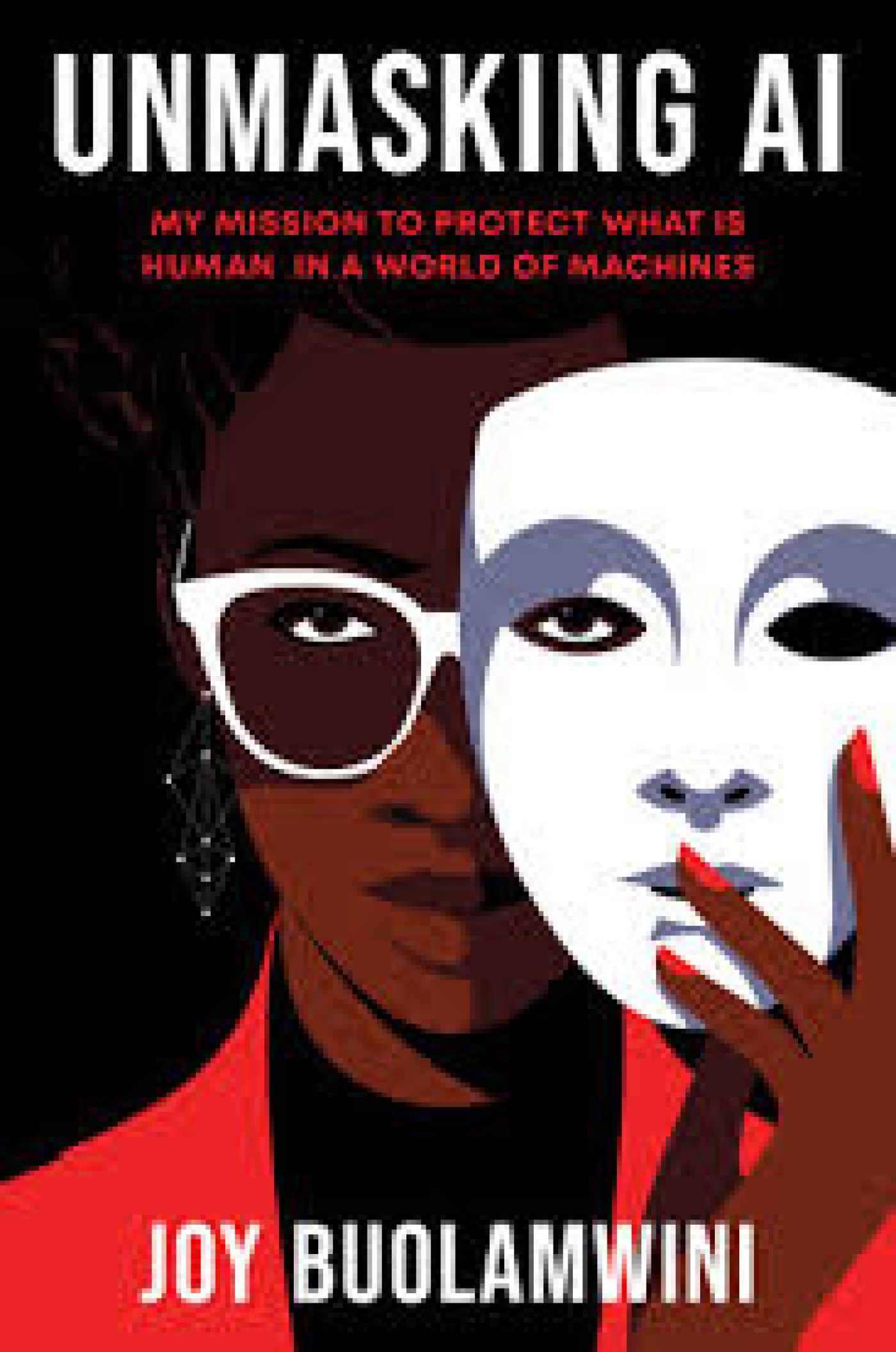
It explores the biases inherent in award-winning artificial intelligence technology and the founding of the Algorithmic Justice League, which focuses on the social impact and ethical considerations of AI.
4.A Brief History of Artificial Intelligence by Michael Wooldridge
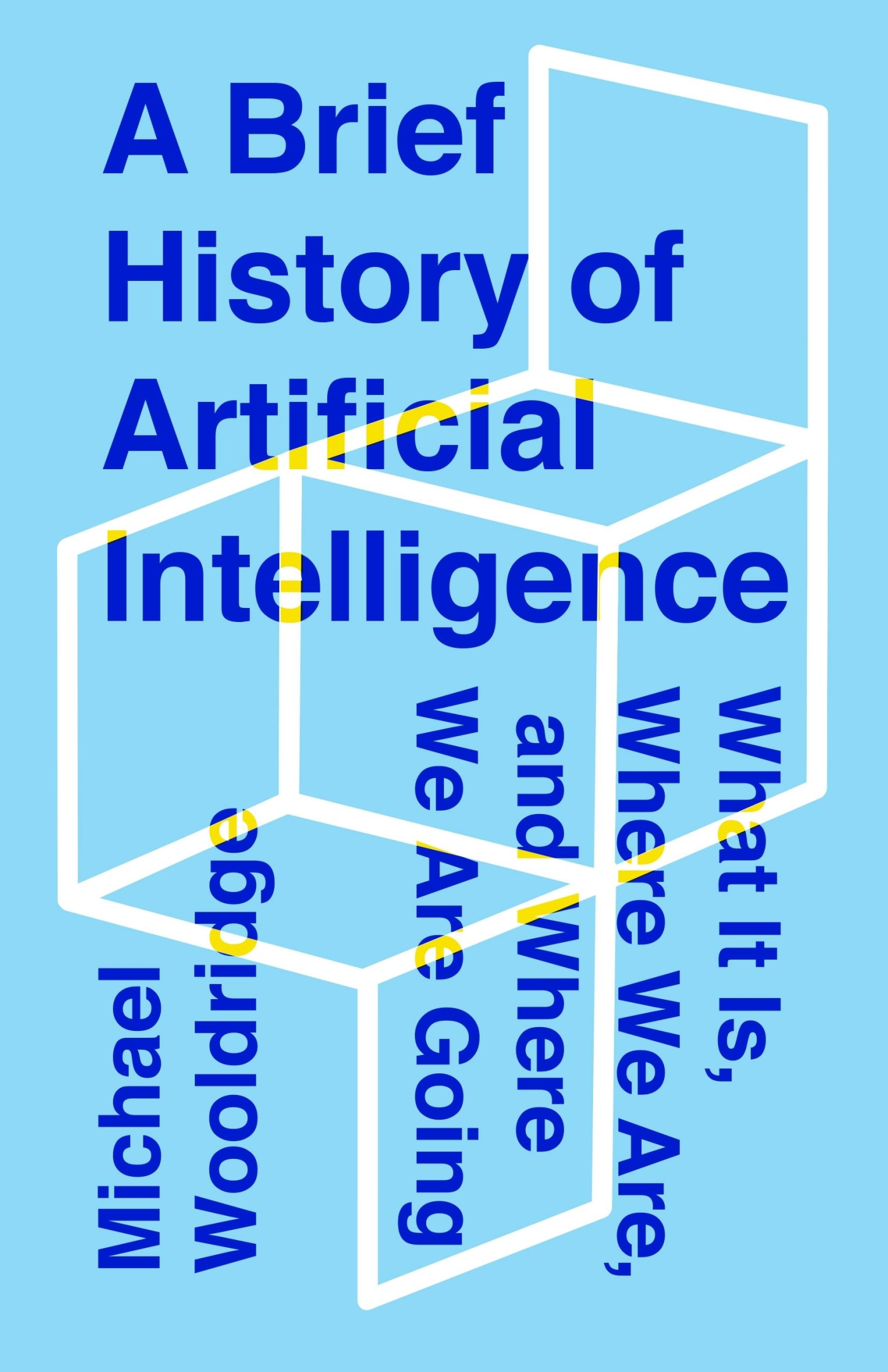
The book provides a comprehensive overview from leading AI researchers that traces the evolution of AI from its inception to the present, including its future possibilities, reflecting societal perspectives and impacts.
5.The Coming Wave by Mustafa Suleyman
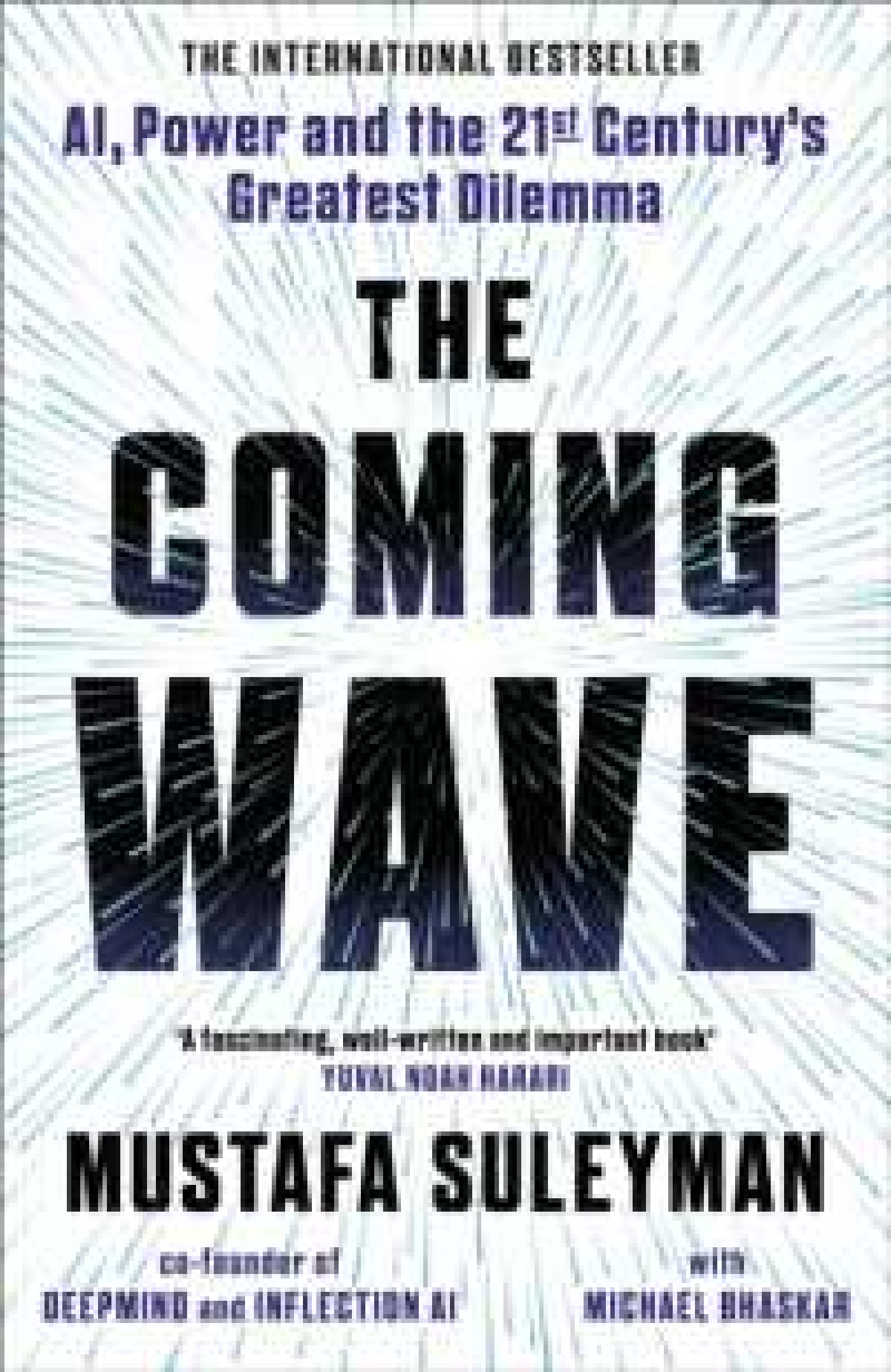
This book is an urgent survey of the impact of disruptive and potentially dangerous emerging technologies, such as AI, synthetic biology. and global sequential quantum computers
6.Co-Intelligence Living and Working with AI by Ethan Mollick
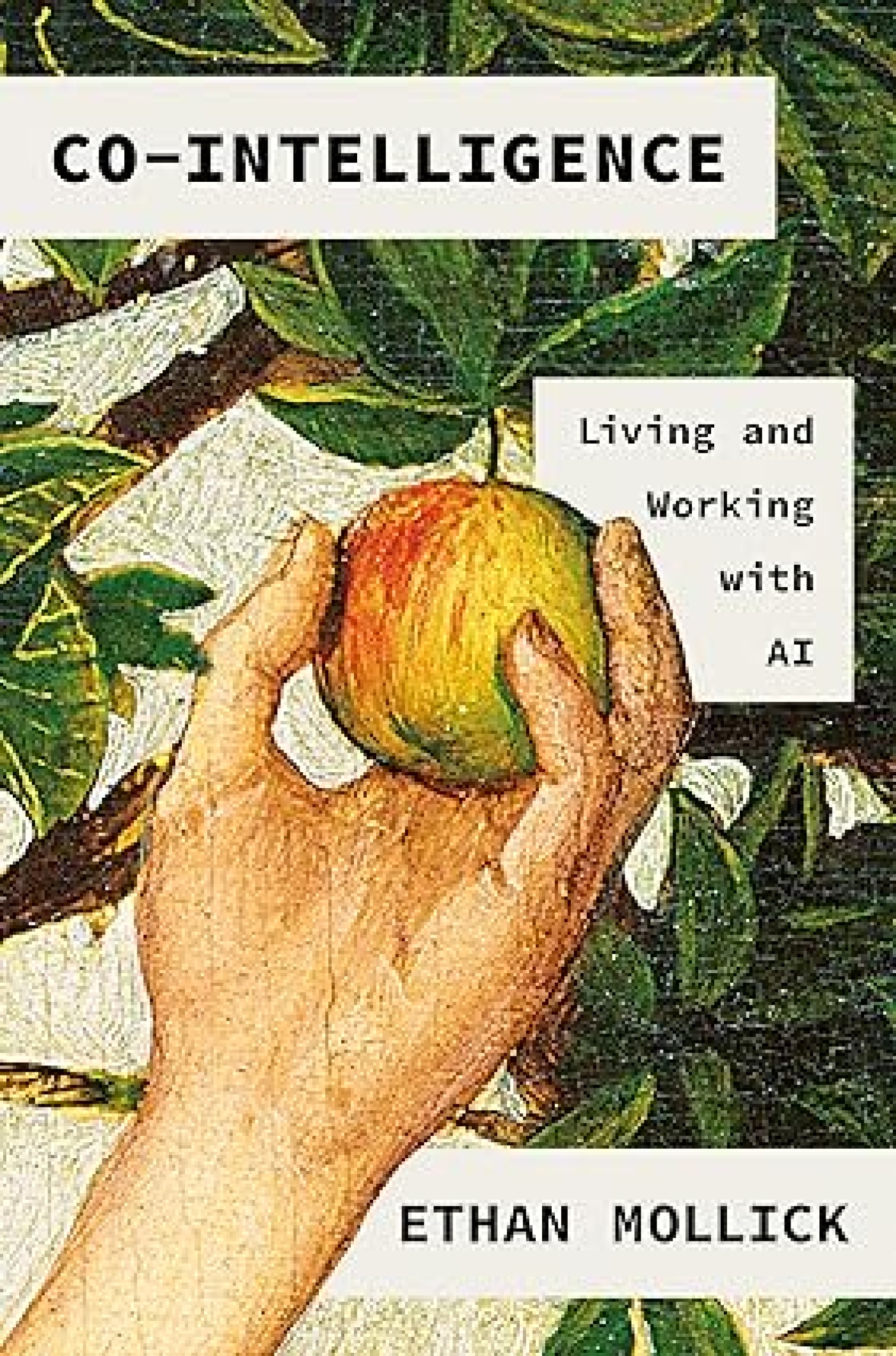
It explores in depth the integration of generative AI into everyday life and work, emphasizing the need for us to adapt and coexist with changing systems. Along with a warning about using it in an unethical way.
7.Artificial Negligence by James Wilson
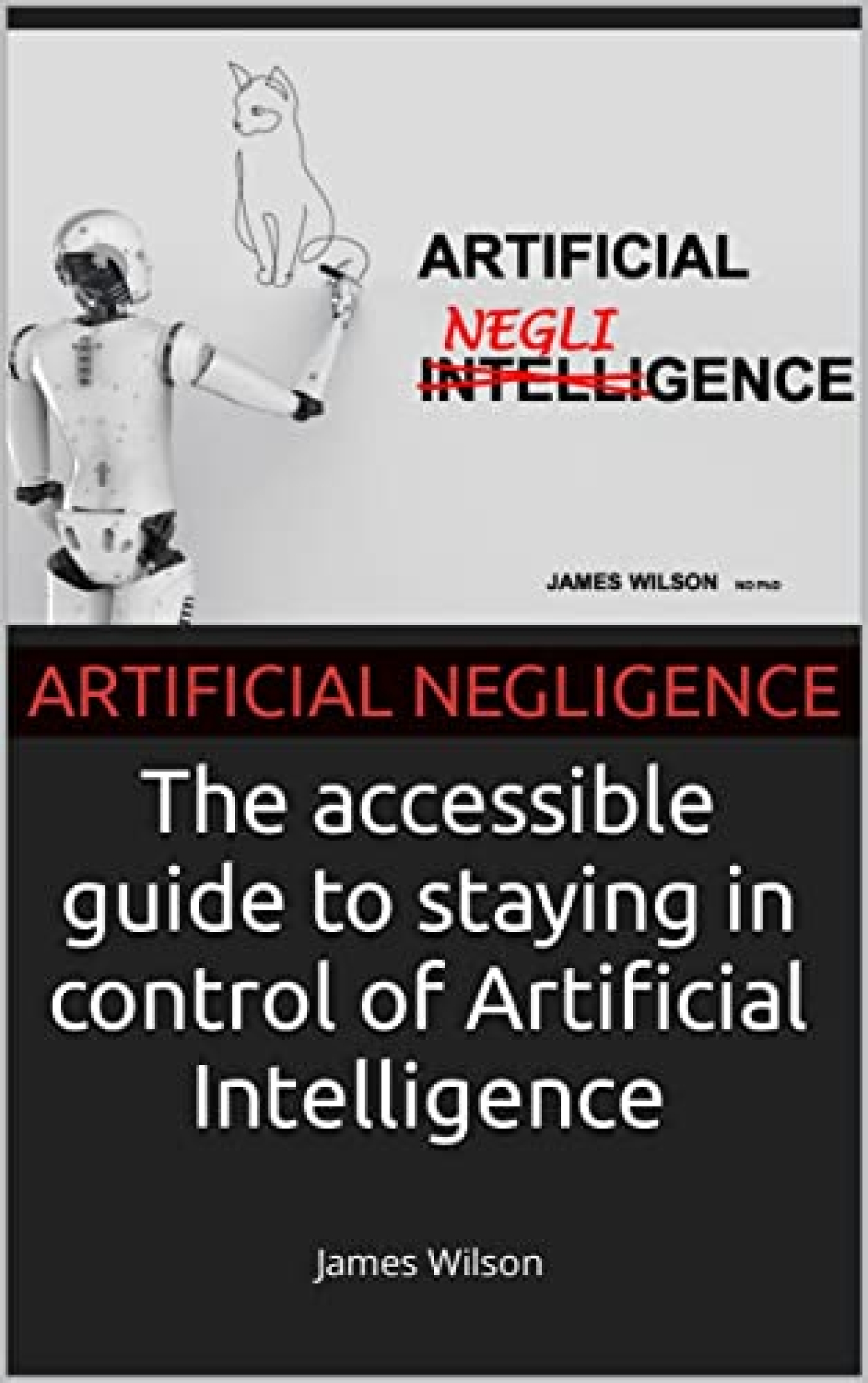
The potential and risks of AI are covered using analogies to prepare readers to understand the technical aspects of a future where AI increasingly shapes the world and answer questions about concerns about AI's impact on everyday life and ethics.
8.AI Ethics by Mark Coeckelbergh
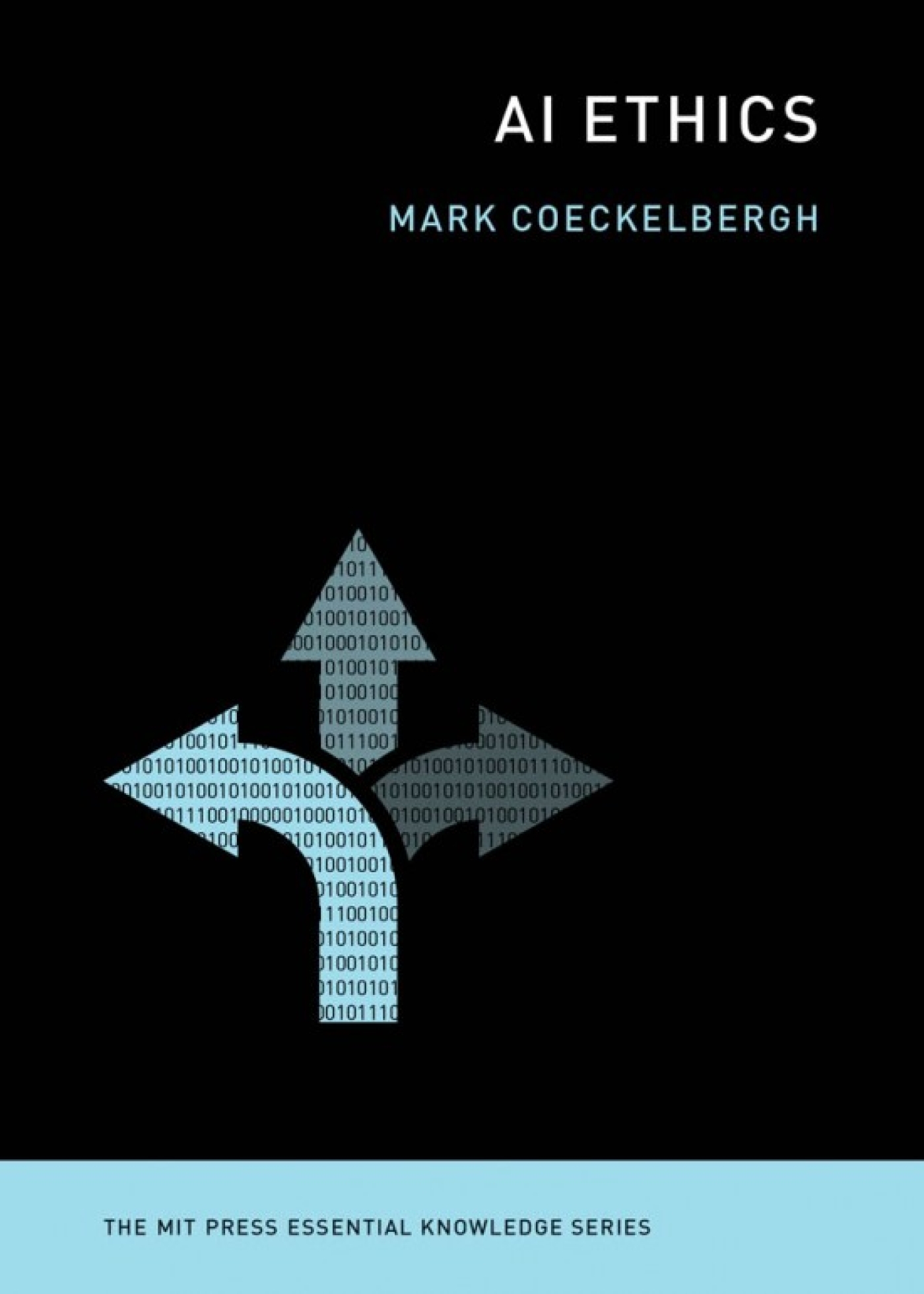
It is a book that explores the ethical challenges of AI, synthesizing key points. Exploring topics such as privacy and the morality of AI using philosophical discussions of the relationship between humans and artificial intelligence.
9.Mechine Learning by Ethem Alpaydin
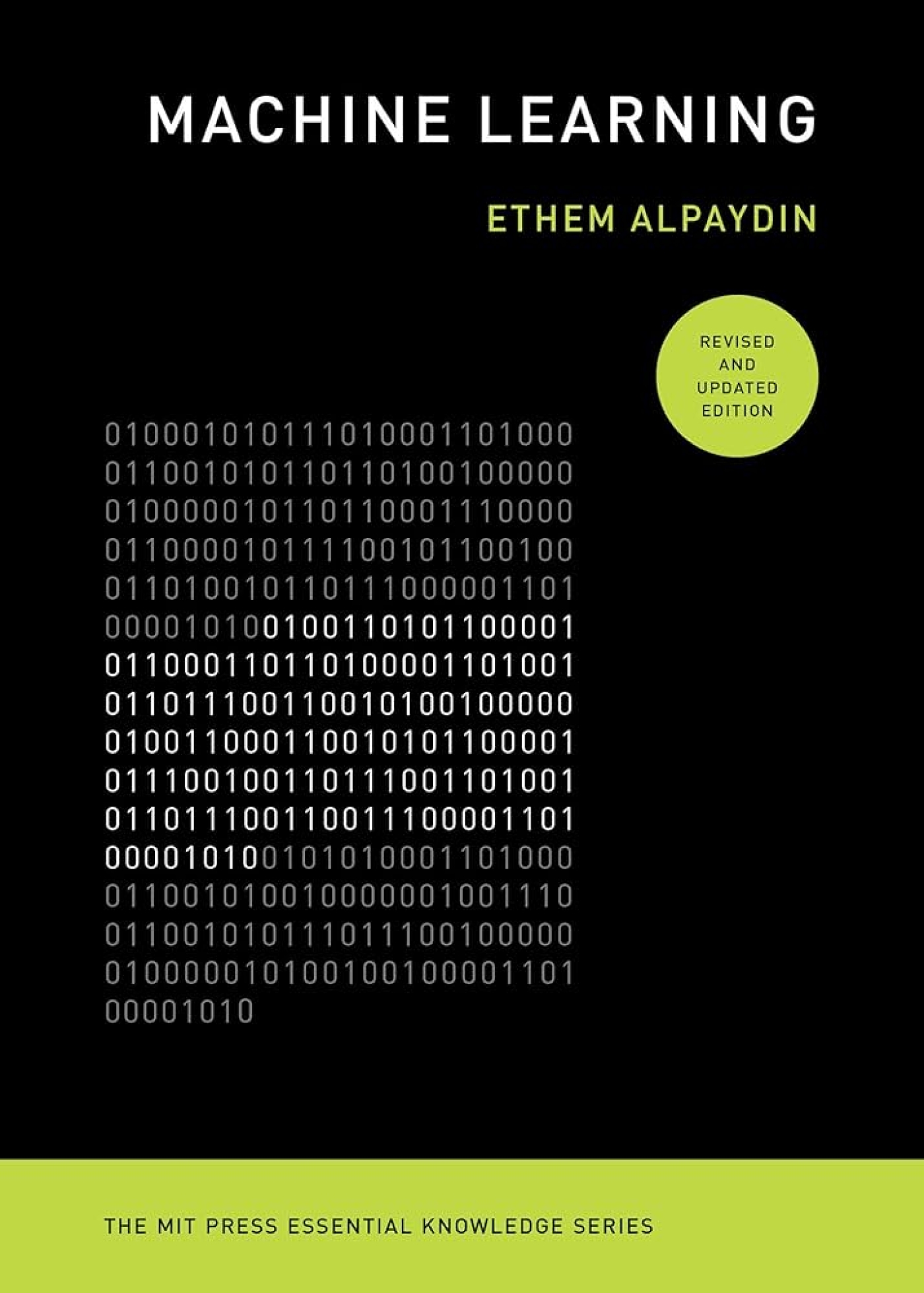
It provides a brief introduction for the general reader to the basics of machine learning (ML) that underpin modern applications. It covers an easy-to-understand overview of development and evolution and introduces approaches such as supervised learning. and reinforcement learning
10.Deep Learning by John D. Kelleher
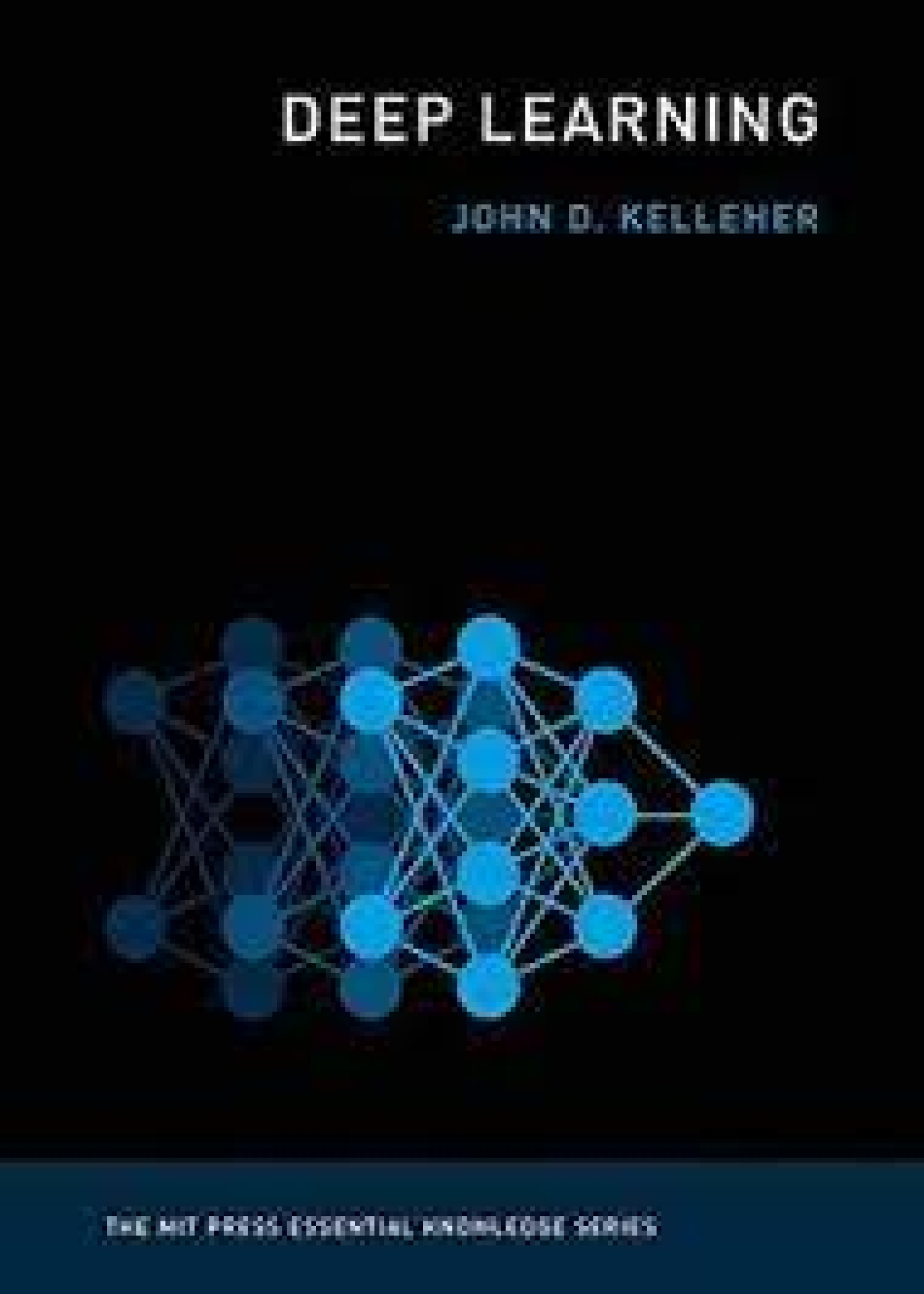
The book outlines the basic concepts of deep learning (DL). Important historical advancements in this framework are presented, such as: artificial neural network and the main algorithm of back propagation of data.
However, these books will be published in English. Readers in other languages will also need to understand the terminology. Gaining knowledge about AI, besides reading in books, can be learned from various sources. However, development must be followed continuously. Because there are new technologies emerging every day. Follow the news regularly as well.
Leave a comment :
Recent post
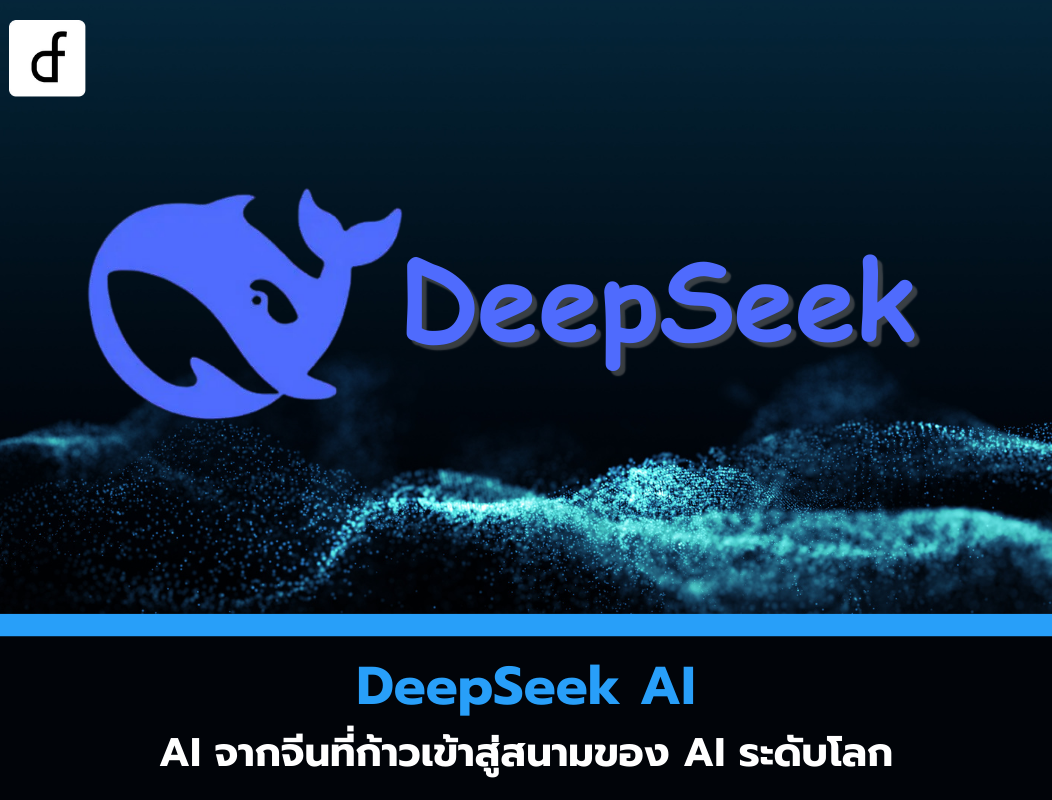
2025-01-10 10:12:01
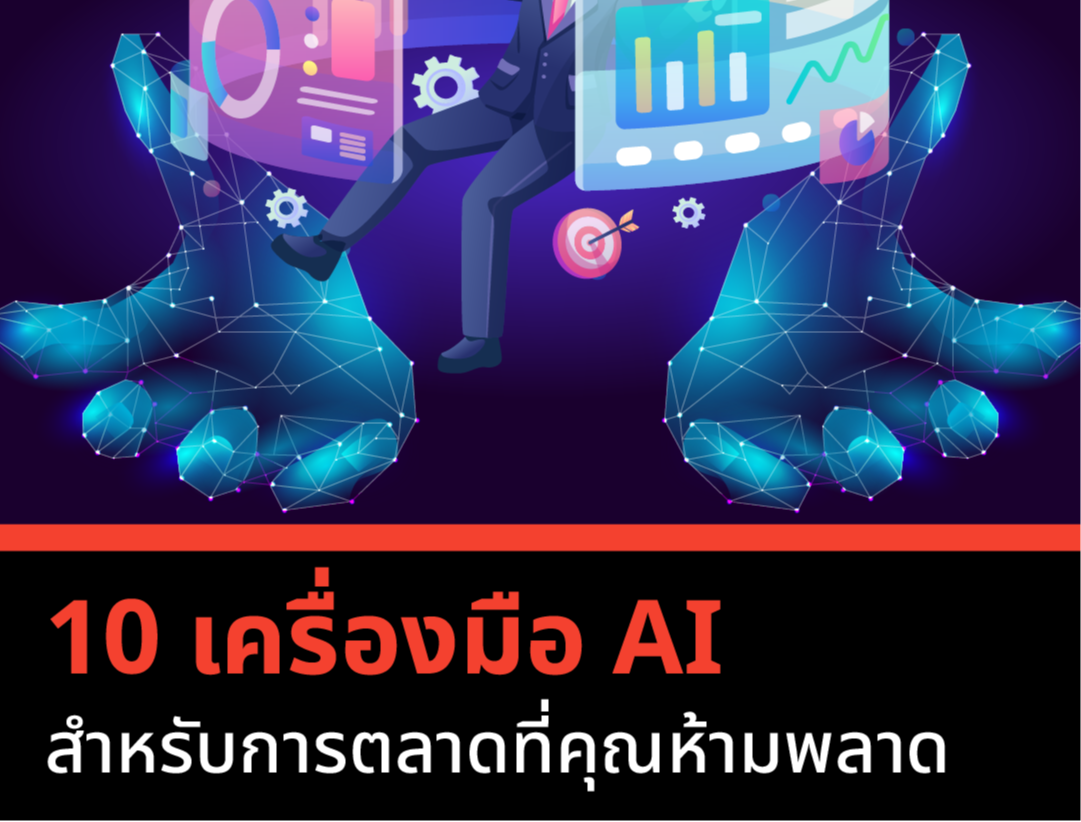
2024-05-31 03:06:49

2024-05-28 03:09:25
Tagscloud
Other interesting articles
There are many other interesting articles, try selecting them from below.

2024-01-15 04:13:20
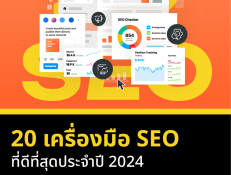
2024-05-17 04:24:18

2023-12-21 09:45:14

2024-09-17 11:24:11

2024-08-06 10:34:57

2024-12-03 11:38:20

2023-10-20 09:37:23
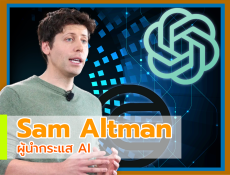
2023-12-13 03:31:03
